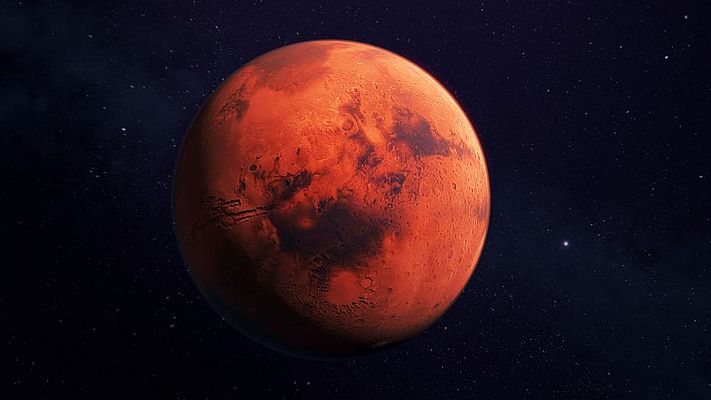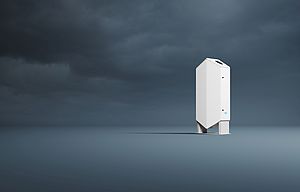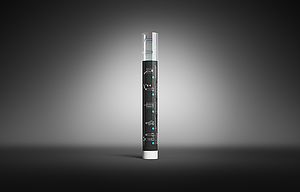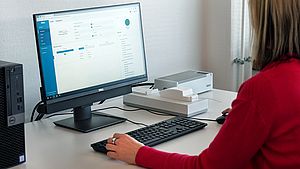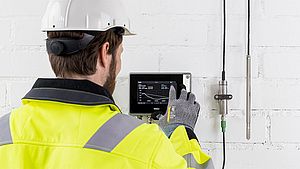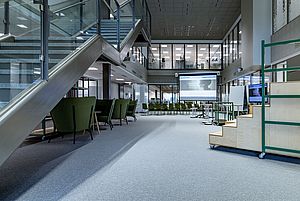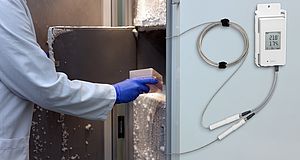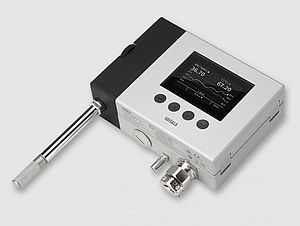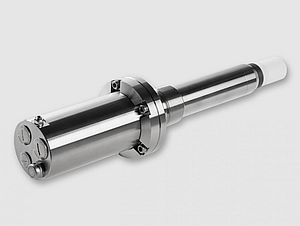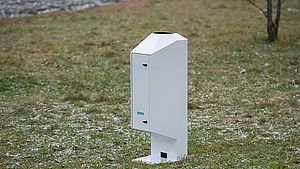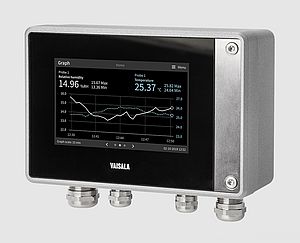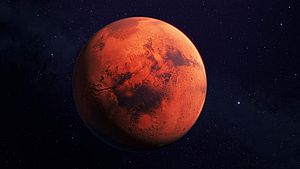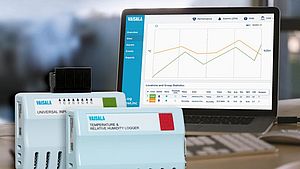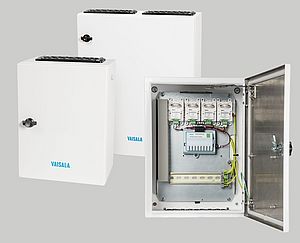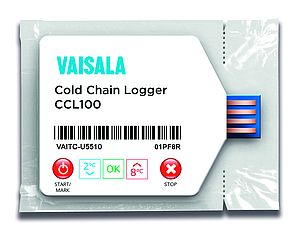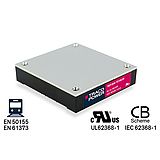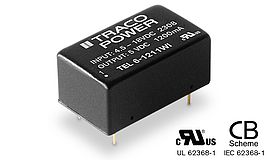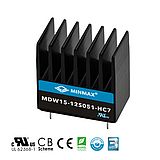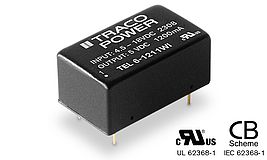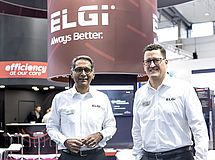The Finnish Meteorological Institute (FMI) is among the scientific partners providing measurement equipment for the new Perseverance rover, expected to launch in July and land on Mars in February 2021. The pressure and humidity measurement devices developed by the FMI are based on Vaisala's sensor technology and are similar but more advanced to the ones sent to Mars on the first Curiosity rover in 2012.
The new mission equipment complements the Curiosity rover. While working on Mars, the Curiosity and Perseverance rovers will form a small-scale observation network. The network is only the first step, anticipating the extensive observation network planned on Mars in the future.
International and scientific collaboration aims to gather knowledge of the Martian atmosphere and other environmental conditions
The Mars 2020 mission is part of NASA’s Mars Exploration Program. In order to obtain data from the surface from the Red Planet, NASA selected trusted partners to provide measurement instruments for installation on the Mars rover. A Spanish-led European consortium provides the rover with Mars Environmental Dynamics Analyzer (MEDA); a set of sensors that provides measurements of temperature, wind speed and direction, pressure, relative humidity, and the amount and size of dust particles.
As part of the consortium, FMI delivers instrumentation to MEDA for humidity and pressure measurements based on Vaisala’s top quality sensors.
“Mars, as well as Venus, the other sister planet of Earth, is a particularly important area of atmospheric investigations due to its similarities to Earth. Studying Mars helps us also better understand the behavior of Earth’s atmosphere”, comments Maria Genzer, Head of Planetary Research and Space Technology group at FMI.
The harsh and demanding conditions of Mars require the most reliable sensor technology that provides accurate and reliable data without maintenance or repair.
"We are honored that Vaisala’s core sensor technologies have been selected to provide accurate and reliable measurement data on Mars. In line with our mission to enable observations for a better world, we are excited to be part of this collaboration. Hopefully the measurement technology will provide tools for finding answers to the most pressing challenges of our time, such as climate change,” says Liisa Åström, Vice President, Products and Systems of Vaisala.
Same technology, different planet – utilizing Vaisala core technologies for accuracy and long-term stability
In the extreme conditions of the Martian atmosphere, NASA will be able to obtain accurate readings of pressure and humidity levels with Vaisala’s HUMICAP® and BAROCAP® sensors. The sensors' long-term stability and accuracy, as well as their ability to tolerate dust, chemicals, and harsh environmental conditions, make them suitable for very demanding measurement needs, also in space. The same technology is used in numerous industrial and environmental applications such as weather stations, radiosondes, greenhouses and datacenters.
The humidity measurement device MEDA HS, developed by FMI for Perseverance, utilizes standard Vaisala HUMICAP® humidity sensors. HUMICAP® is a capacitive thin-film polymer sensor consisting of a substrate on which a thin film of polymer is deposited between two conductive electrodes. The humidity sensor onboard is a new generation sensor, with superior performance also in the low pressure conditions expected on the red planet.
In addition to humidity measurements, FMI has developed a device for pressure measurement, MEDA PS, which uses customized Vaisala BAROCAP® pressure sensors, optimized to operate in the Martian climate. BAROCAP® is a silicon-based micromechanical pressure sensor that offers reliable performance in a wide variety of applications, from meteorology to pressure sensitive industrial equipment in semiconductor industry and laboratory pressure standard measurements. Combining two powerful technologies – single-crystal silicon material and capacitive measurement – BAROCAP® sensors feature low hysteresis combined with excellent accuracy and long-term stability, both essential for measurements in space.
“Our sensor technologies are used widely in demanding everyday measurement environments here on Earth. And why not – if they work on Mars, they will work anywhere," Åström concludes.
Join the live webcast to hear more!
Welcome to learn about space-proof technology, how it works, what it does, why it’s important, and why measurements play a key role in space research. You’ll hear examples and stories by our experts, and by a special guest speaker, who will be sharing his own experiences and insights of space. The virtual event will take place on July 20, 2020.
The event is organized by Vaisala and the Finnish Meteorological Institute. It will be held in English and it is free of charge. Live subtitles in Finnish will be available.


